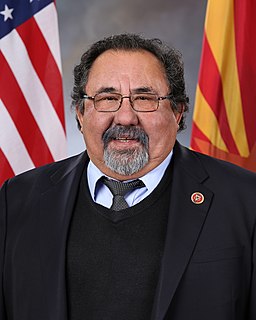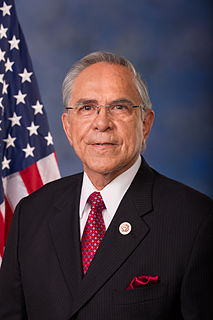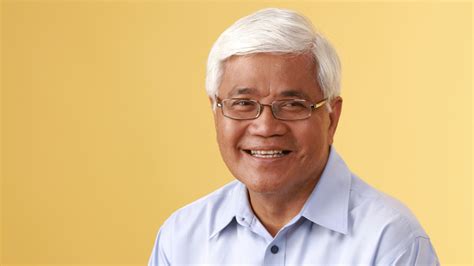A Quote by Gad Saad
At the basis of a country's immigration policy is the recognition that a country has the right to pursue its interests first, and whenever it wishes to be altruistic and humane, this is instantiated without ever risking the danger of its citizens and/or its cultural values.
Related Quotes
America has become and was the exception to the way most of the people in the world were forced to live, because America was the first formally built, structured country on the premise that the people ran the show based on their liberty, based on their natural God-given rights to pursue happiness. The right to life, the right to freedom and to pursue happiness. No other country in the history of the world had ever been formed or founded on such premises. This one was. That was the exception.
There is nothing morally objectionable in stating that a country has the inalienable right to decide on the exact number of immigrants and the exact type of immigrants that it wishes to let into its borders. As part of that calculus, it is perfectly rational to exhibit preferential treatment to immigrants who share one's cultural values.
... with every Asiatic country where we operate in cooperation with the existing culture, the need for intelligent understanding of that country and its ways of life will be crucial. These nations will very likely not respond to appeals with which we are familiar, and not value rewards which seem to us irresistible. The danger--and it would be fatal to world peace--is that in our ignorance of their cultural values we shall meet in head-on collision and incontinently fall back on the old pattern of imposing our own values by force.
I would especially like to appeal to my country's media that we should stop looking at everything in India from the prism of Pakistan. India is an independent country. It is a country of 125 crore people. Whenever it approaches any country, it will only be concerned about its own interests. It has been our biggest shortcoming and mistake that we have been tagging ourselves with another country and trying to do things.
You are never going to have, in a country as rich as ours [the USA], that borders a country as poor as Mexico, an end to immigration. You just won't. The question is, if you make it humane and if you make it regulated. It's much better for an American worker to compete against a regulated immigrant inside labor standards, than it is to ever to compete against an illegal immigrant.
I feel, if I criticize my country, it's not because I don't like my country. I love my country. That is my patriotism. I want to make it a better place for my children, for everyone. And if we don't look at what's in front of us, and we allow things to get out of hand because of other vested interests, then as citizens are not doing a good job.
Those who live in the country get idiotic in time, without noticing it, for a while they think it's original and good for their health, but life in the country is not original at all, for anyone who wasn't born in and for the country it shows a lack of taste and is only harmful to their health. The people who go walking in the country walk right into their own funeral in the country and at the very least they lead a grotesque existence which leads them first into idiocy, then into an absurd death.
The problem with much of the debate over this issue is that we confuse two separate matters: immigration policy (how many people we admit) and immigrant policy (how we treat people who are already here). What our nation needs is a pro-immigrant policy of low immigration. A pro-immigrant policy of low immigration can reconcile America's traditional welcome for newcomers with the troubling consequences of today's mass immigration. It would enable us to be faithful and wise stewards of America's interests while also showing immigrants the respect they deserve as future Americans.




































